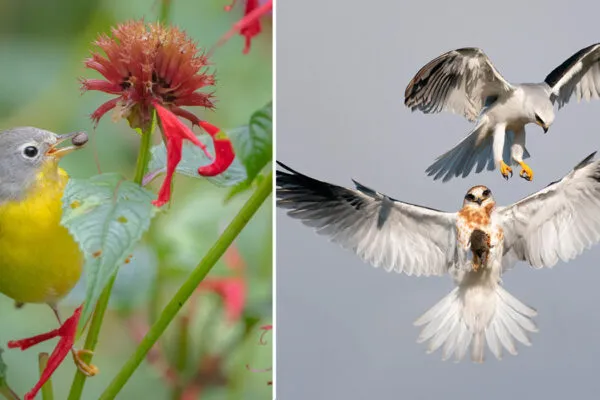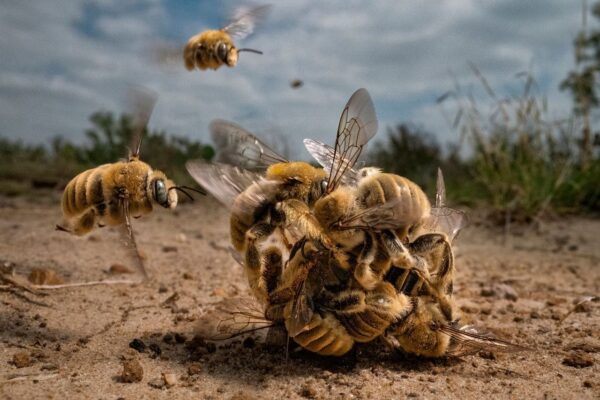Animals of the Arctic: These Creatures are Thriving in the Frigid Northern Hemisphere
While the subzero temperatures and weathered boreal forests seem bleak and unforgiving, many animals thrive in the frigid tundra of the Arctic Circle. Animal life in the Arctic is poor in number of species but is richer in individual numbers as compared to the warmer regions.
The high number of a few selective species is attributed to the comparative novelty of polar glacier climates that allow only a limited time for adaptation since their onset, and the much lesser variety of habitats available for colonization in the north as compared with the lower coordinates.
You may have seen some of these Arctic animals, white others might be entirely new to you. Let’s take a look at these unique and beautiful animals inhabiting the Arctic region.
The wolverine is a powerful creature, resembling a small bear but is actually the largest member of the weasel family.
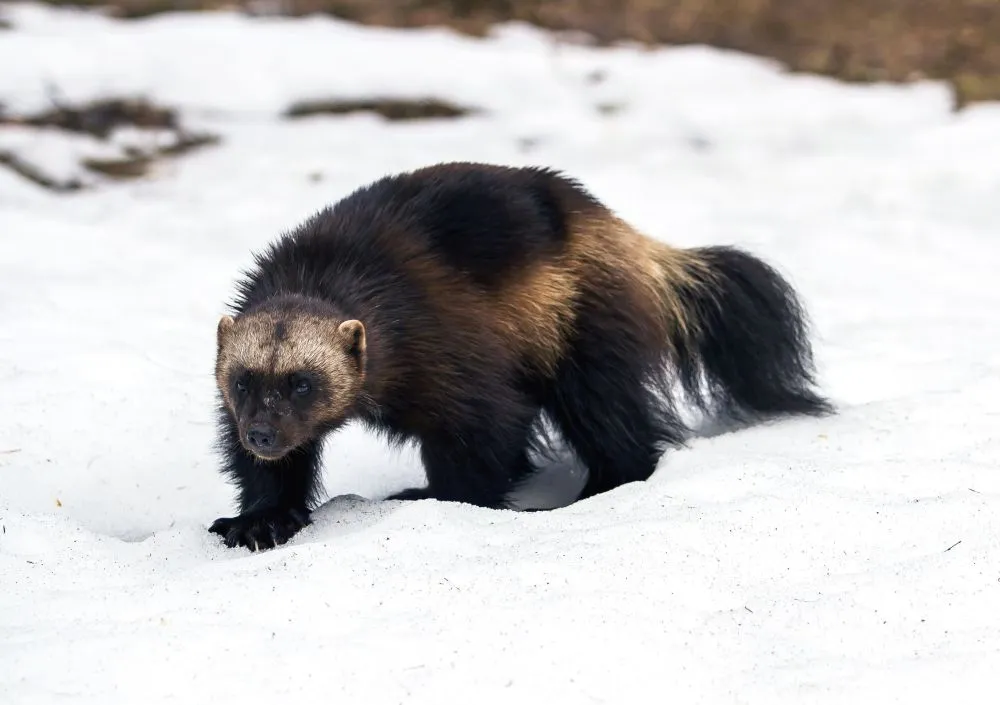
Wolverine | Image: Arsi Ikonen
Once extinct, today the lesser-known feline – The Canada Lynx – is marked as “least concern” on the IUCN Red List with a fairly stable population.
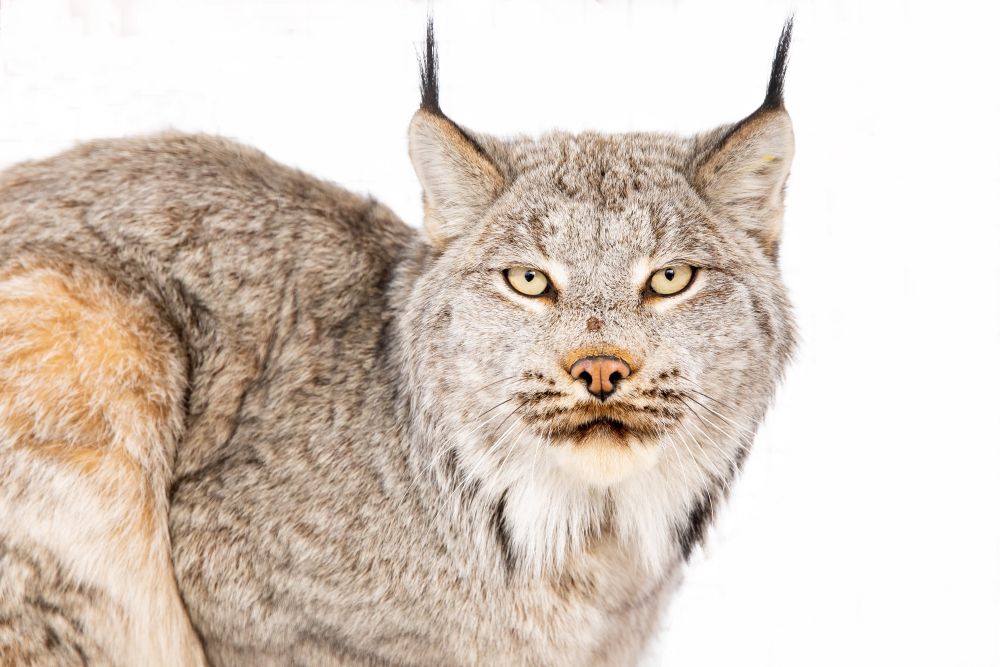
The Canada Lynx | Image: Medium
The beautiful tundra swan migrates to Alaska each spring to build its nest and lay eggs, and during winters it feeds from open fields.
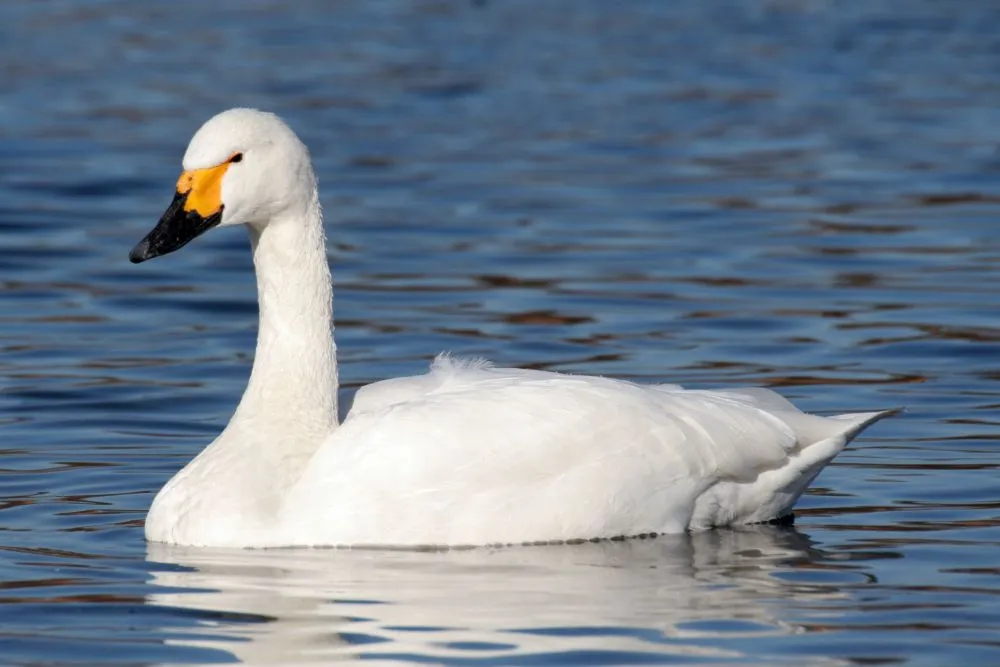
Tundra swan | Image: Maga-chan
The Arctic hare’s coat turns white in the winters, allowing it to blend in with the snow; but in the summer, the coat is generally a gray-brown color.
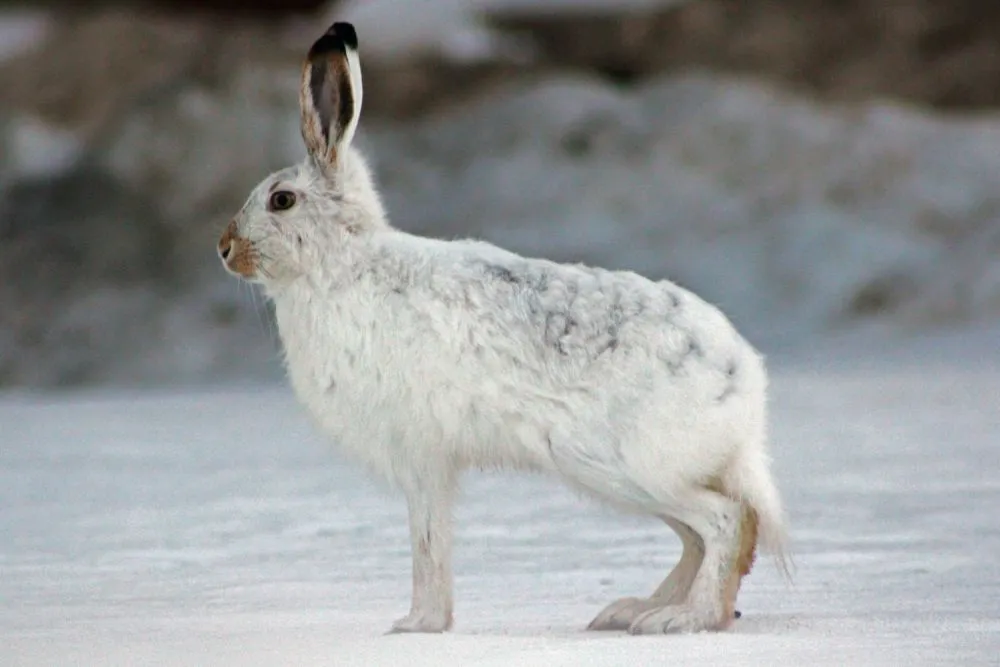
Arctic Hare | Image: Cool Antarctica
The red foxes are considered a menace in many ecosystems, however, they are known to be found on every piece of land on the planet, except Antarctica.
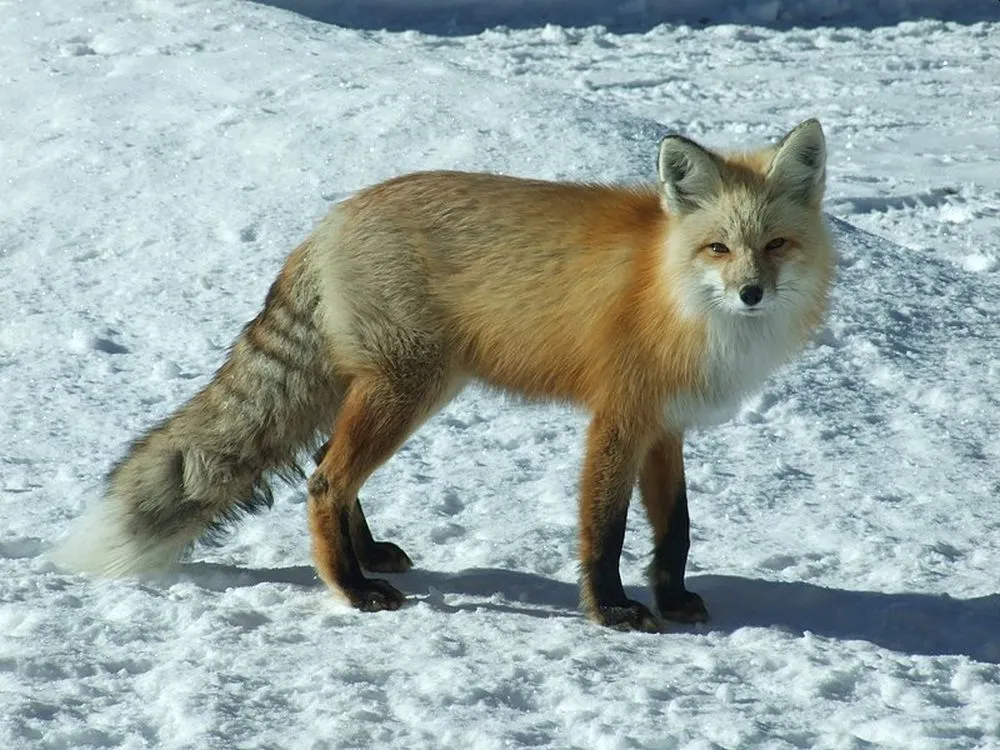
Red Fox in Arctic | Image: Wikipedia
Also Read: Wildlife Photographs Depicting the Animals on Hunt
The only deer species in which both male and female members have antlers, the caribou travel out in the open during winter where they are most likely to find their source of foo – lichens.
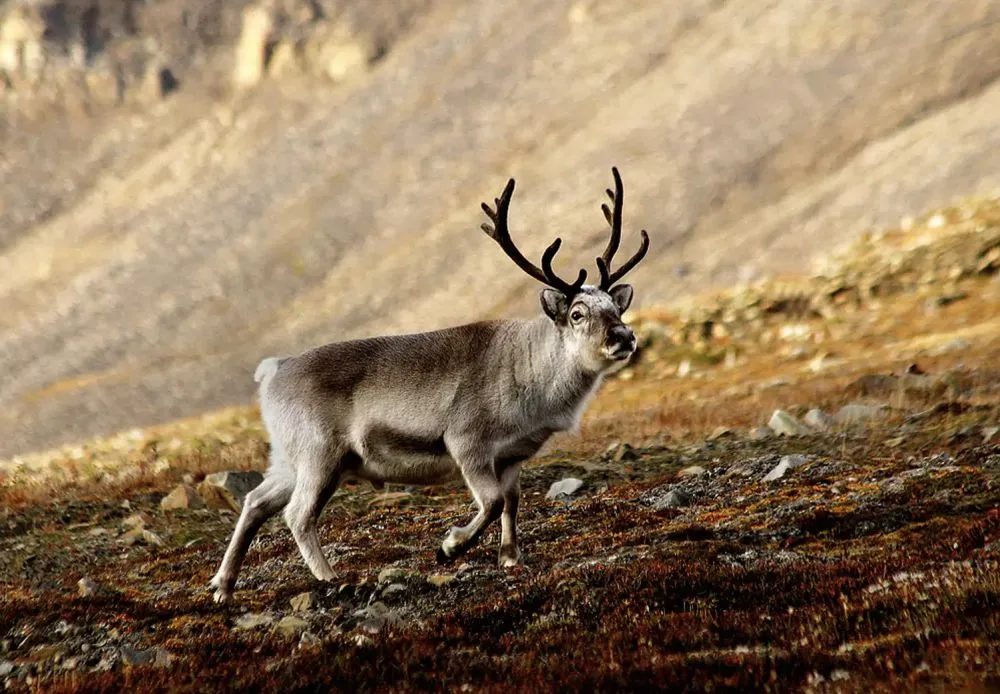
Caribou | Image: Per Herald Olsen/Wikimedia
Native to the Arctic region, Arctic Fox is well adapted to life in cold environments, and is famous for its thick white fur that is also used as camouflage.
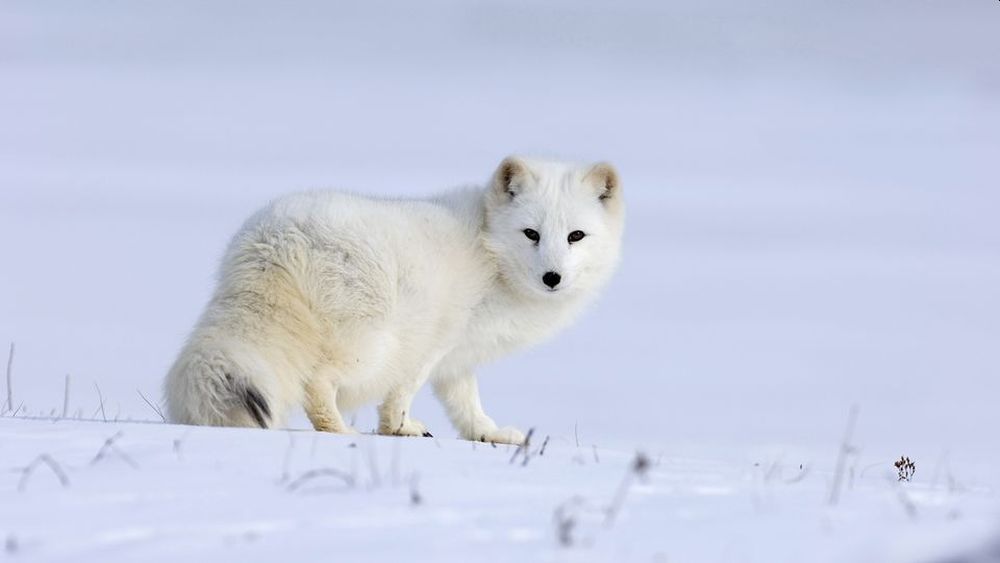
Arctic Fox | Image: AOP
Common in the Arctic Ocean, Arctic belugas migrate southward in large herds when the sea freezes over.
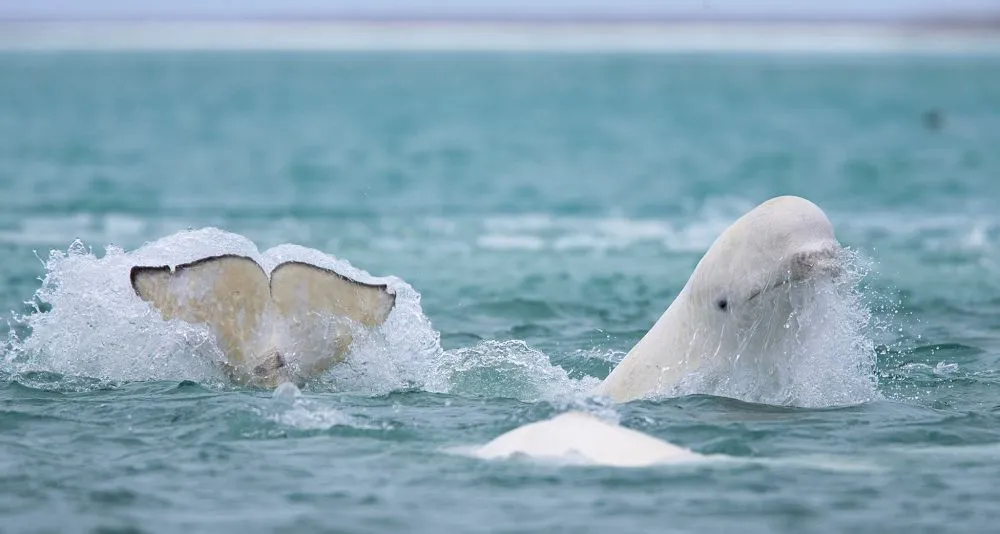
Beluga Whale | Image: Nansen Weber
Threatened by climate change and global warming, these gorgeous creatures of the frigid tundra are at risk of extinction.
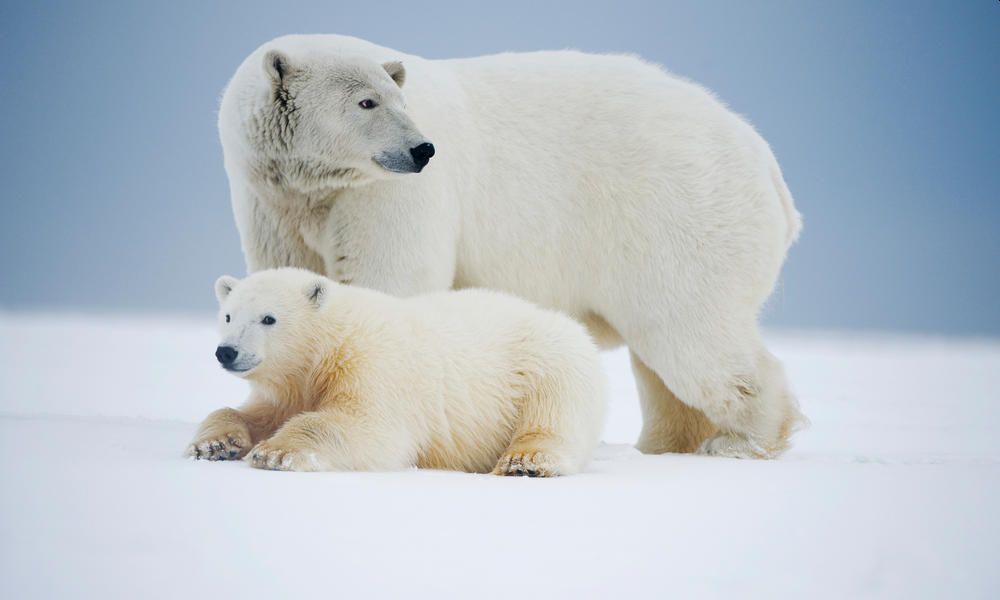
Polar bear | Image: Steven Kazlowski/WWF
Also known as the unicorns of the sea, narwhals are strange and beautiful creatures with long tusks protruding from their heads.
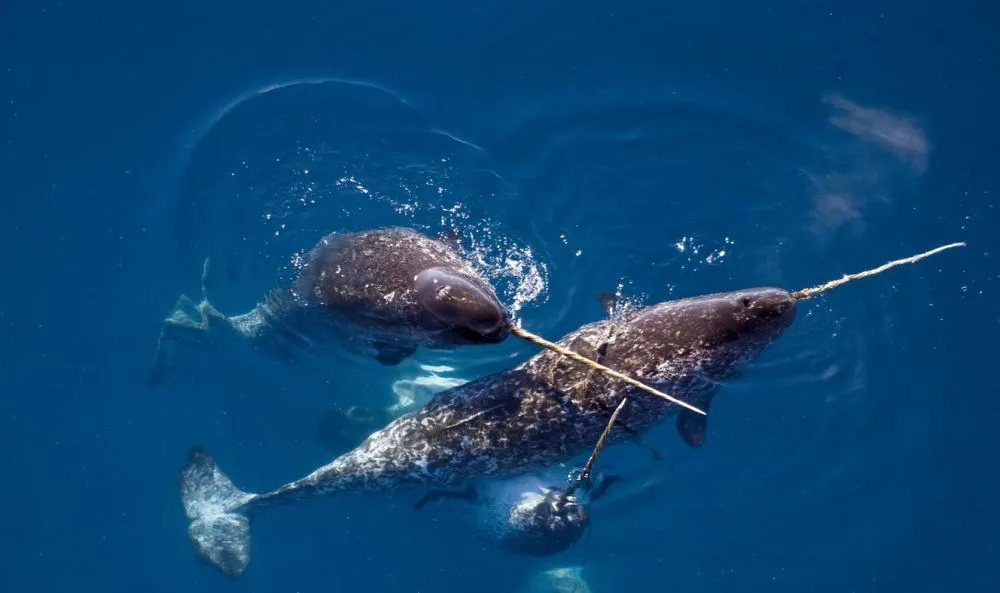
Narwhal | Image: Paul Nicklen/WWF
Reminding of Harry Potter’s pet owl Hedwig, the Snowy Owl is an Arctic-nesting species with a range that spans the northern hemisphere.
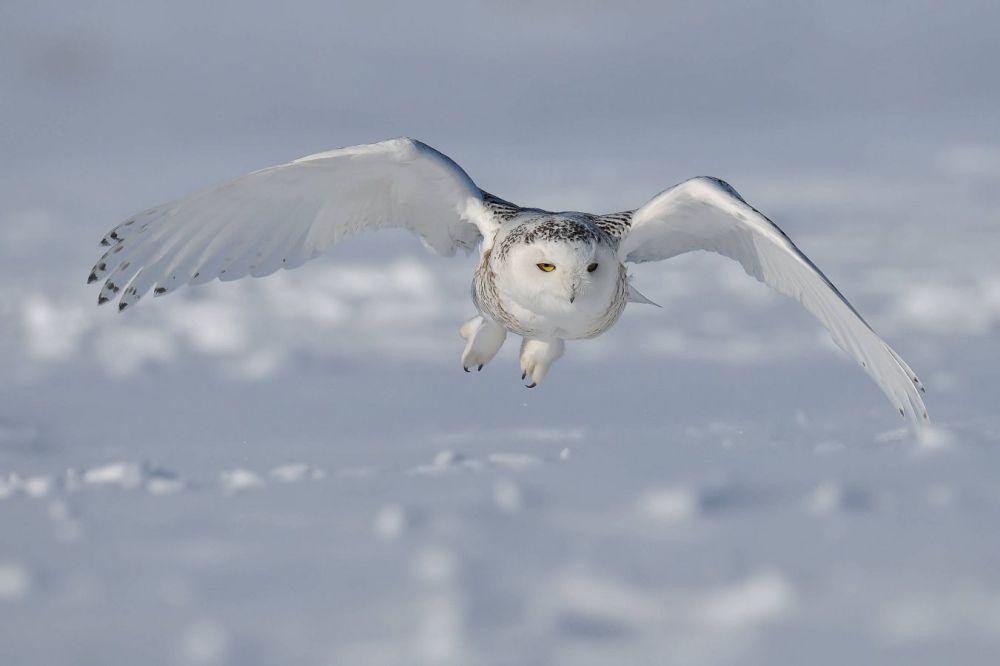
Snow Owl | Image: Francais Cadien
The Bearded Seal or the square flipper seal is a medium-sized pinniped that is found in and around the Arctic Ocean.
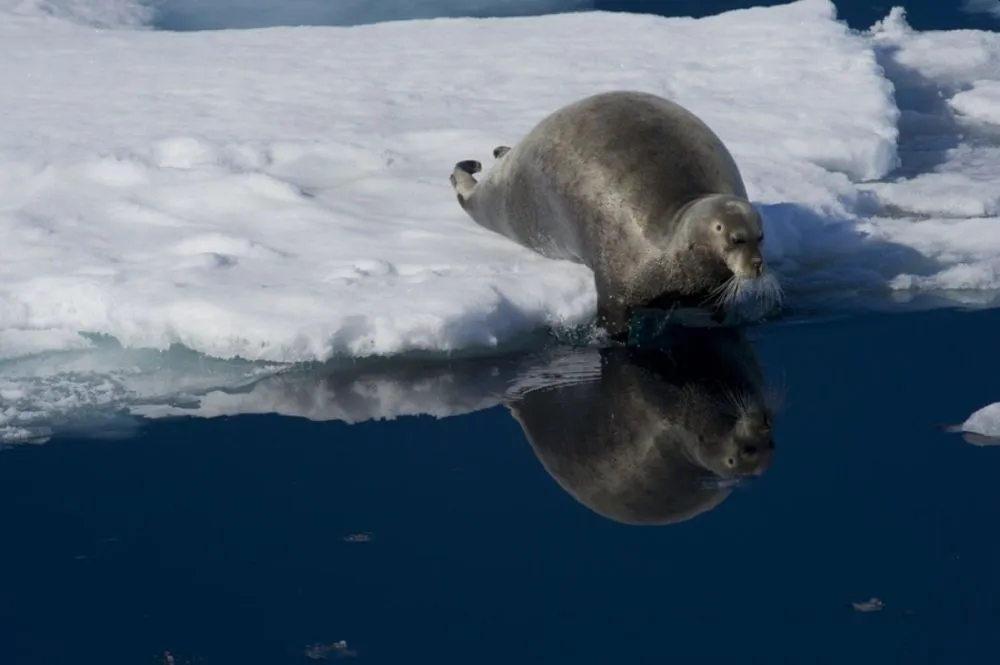
Bearded Seal | Image: Oceanwide Expeditions
Found in northern Europe, the Arctic Circle, Newfoundland, and parts of Maine – the Atlantic Puffin spends most of its time over the water, diving for fish and squid.
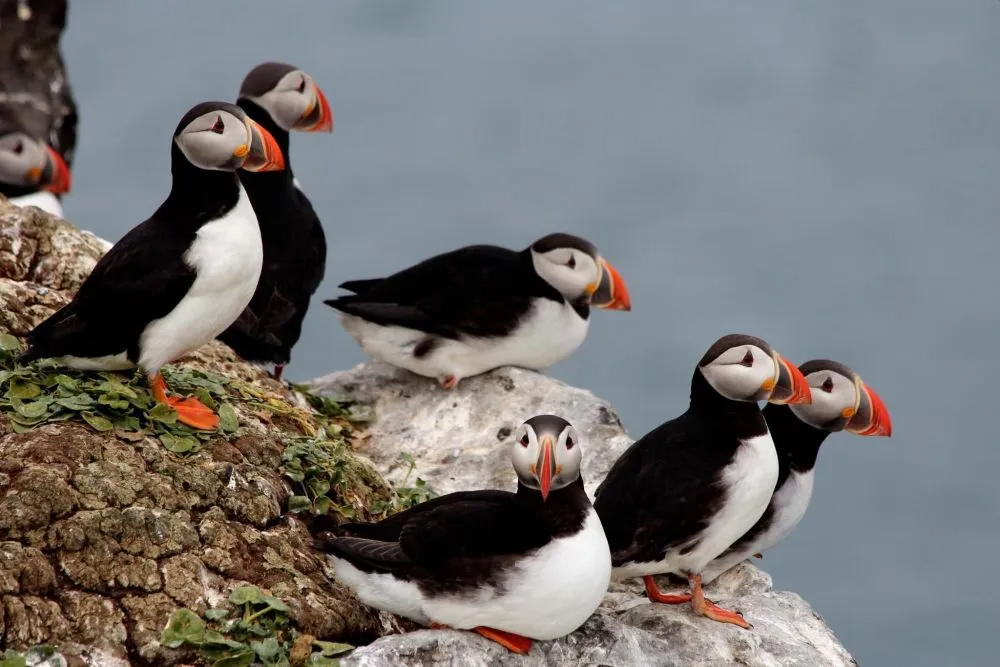
Atlantic Puffin | Image: Donna F.
Known as the giants of the Arctic, walruses have developed brilliant adaptation mechanism to survive in the freezing waters of the Arctic.
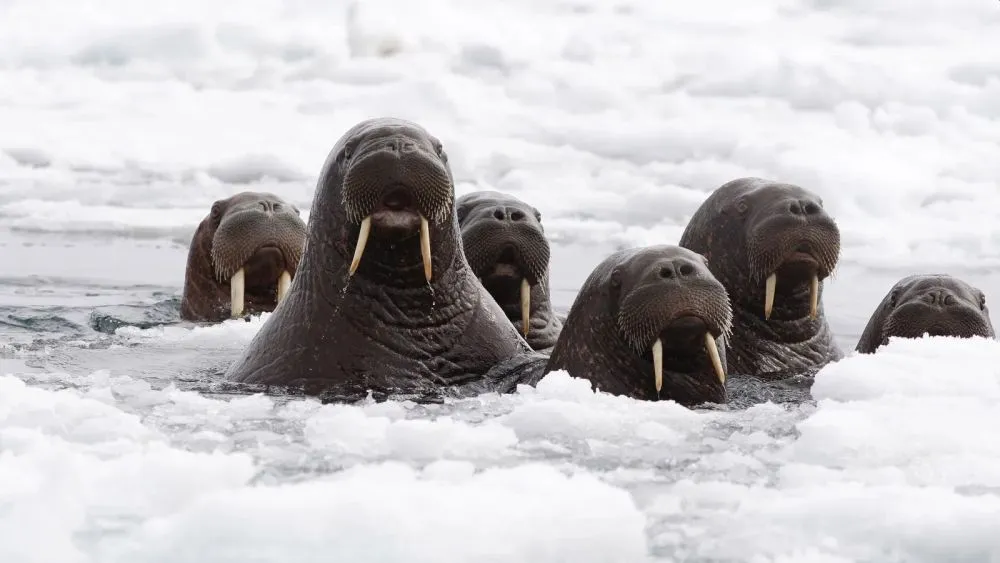
Walrus | Image: U.S. Fish and Wildlife Service
Arctic Skua, also known as parasitic jaegers, have earned a reputation as avian pirates, as they steal much of their food from other birds.
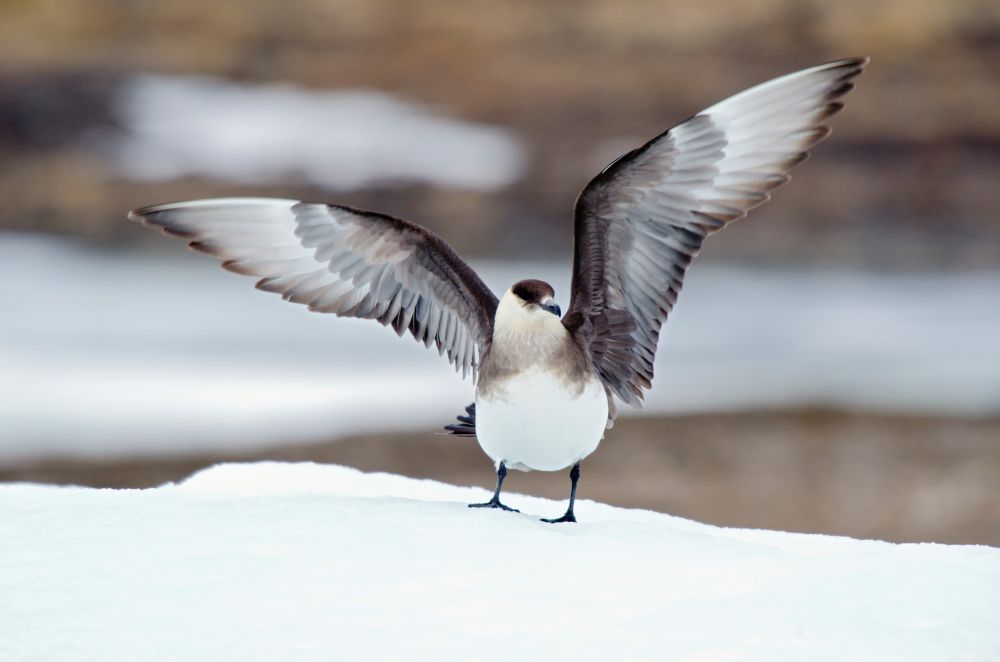
Arctic Skua | Image: Rich Reid
Snowshoe Hare is a nimble and fast animal that inhabits boreal forests and can range as far north as the shores of the Arctic Ocean.
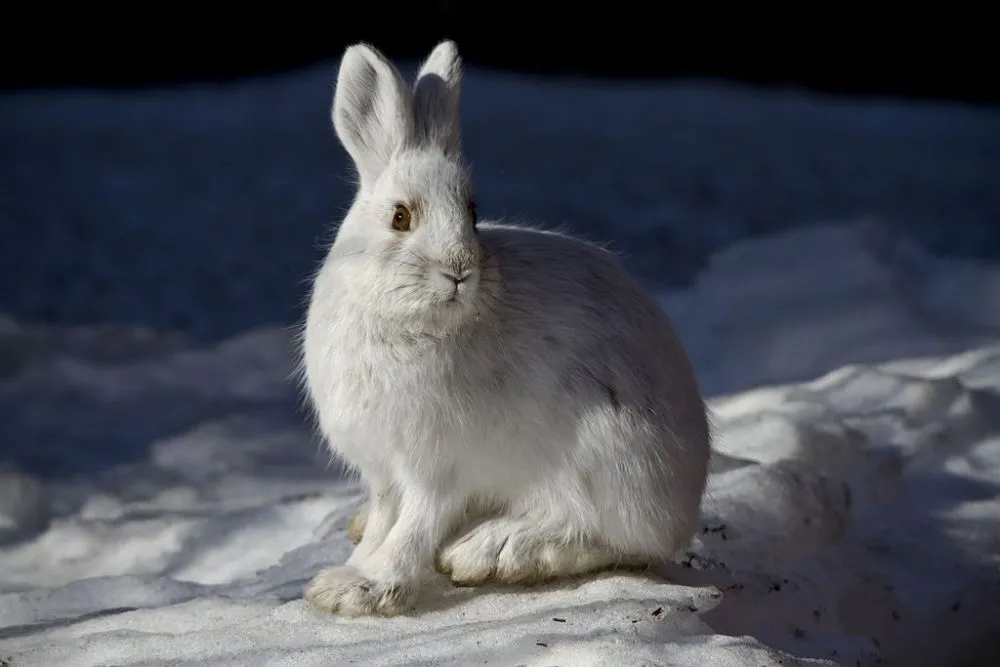
Snowshoe Hare | Image: Jacob W. Frank
White-headed bird of prey, the Bald Eagle is an opportunistic feeder that subsists mainly of fish.
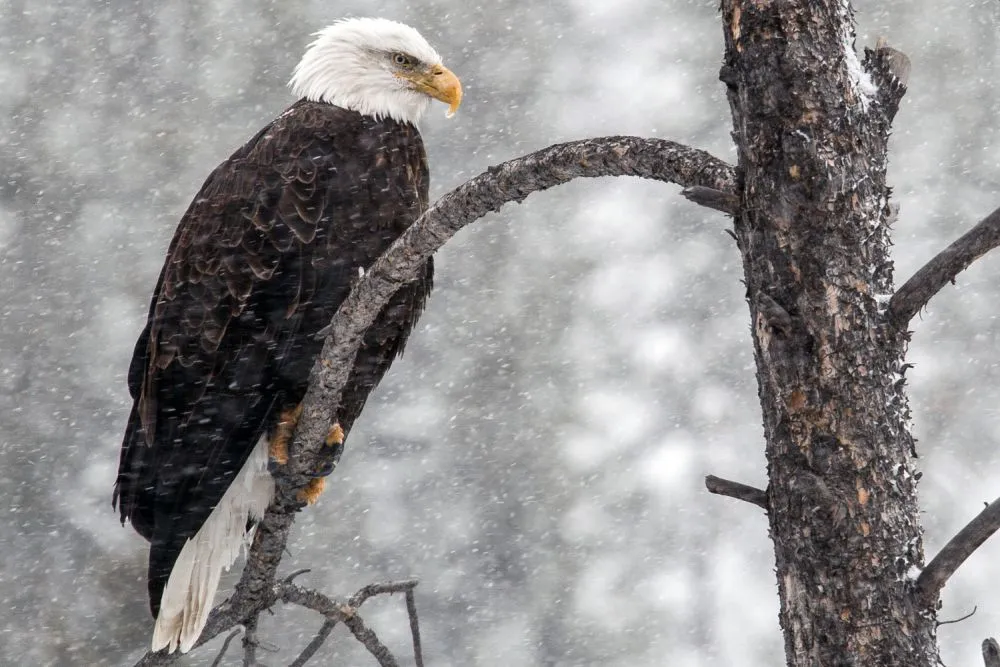
Bald Eagle | Image: Cool Antarctica
A subspecies of the gray wolf, Arctic Wolf is also known as the white wolf or polar wolf, as it lives in the Arctic regions of North America and Greenland.
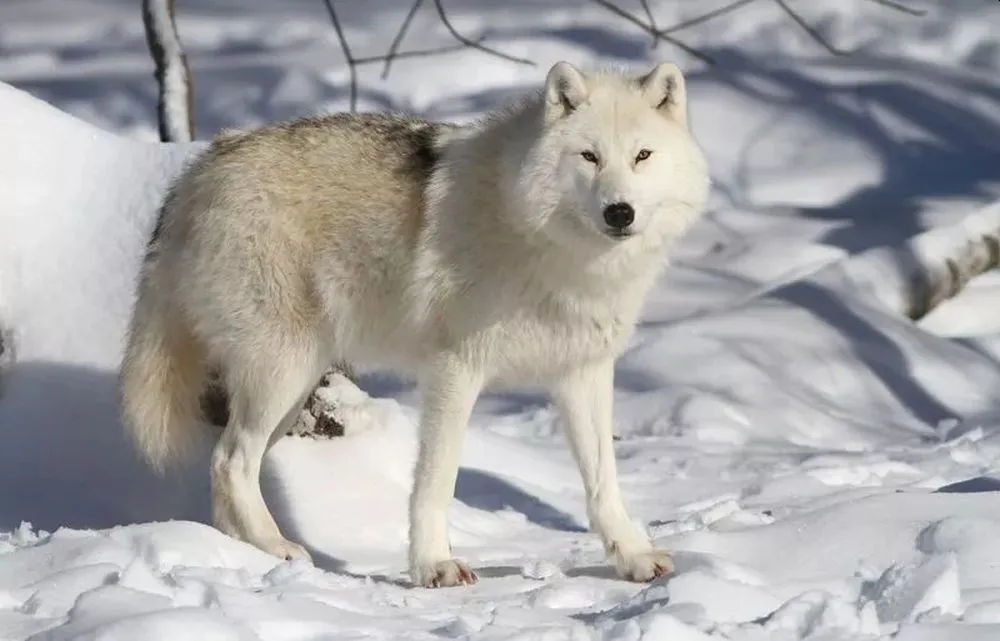
Arctic Wolf | Image: Biology Dictionary
The Ermine is a short-tailed weasel with a slender body that inhabits the Arctic regions of Eurasia and North America.
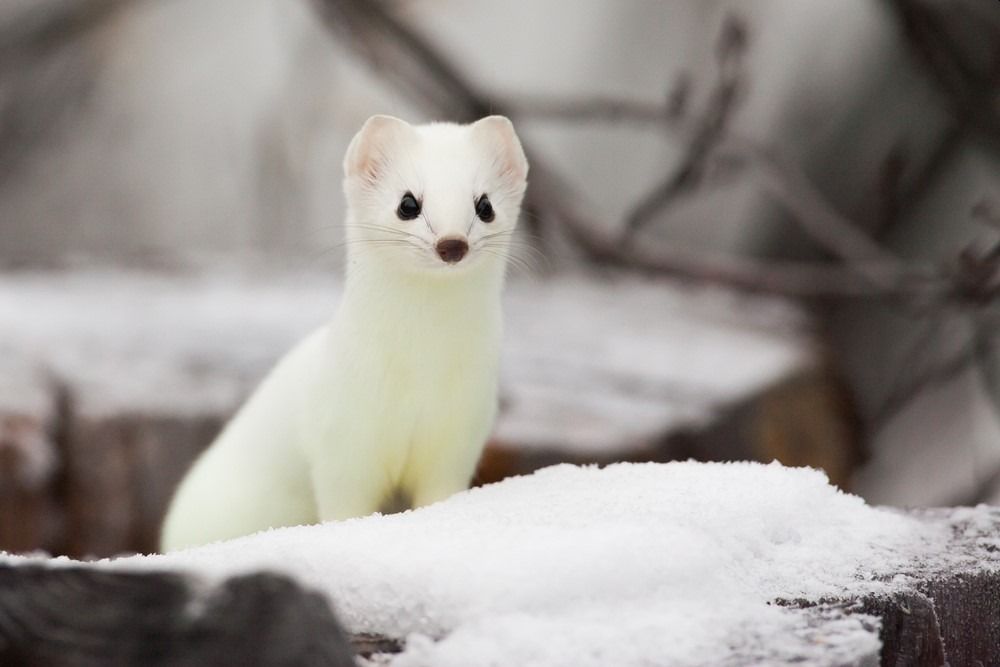
Arctic Ermine | Image: A-Z Animals
The Harp Seal, also known as a saddleback seal or Greenland seal, is a species of earless seal, which is native to the northernmost Atlantic Ocean and the Arctic Ocean.
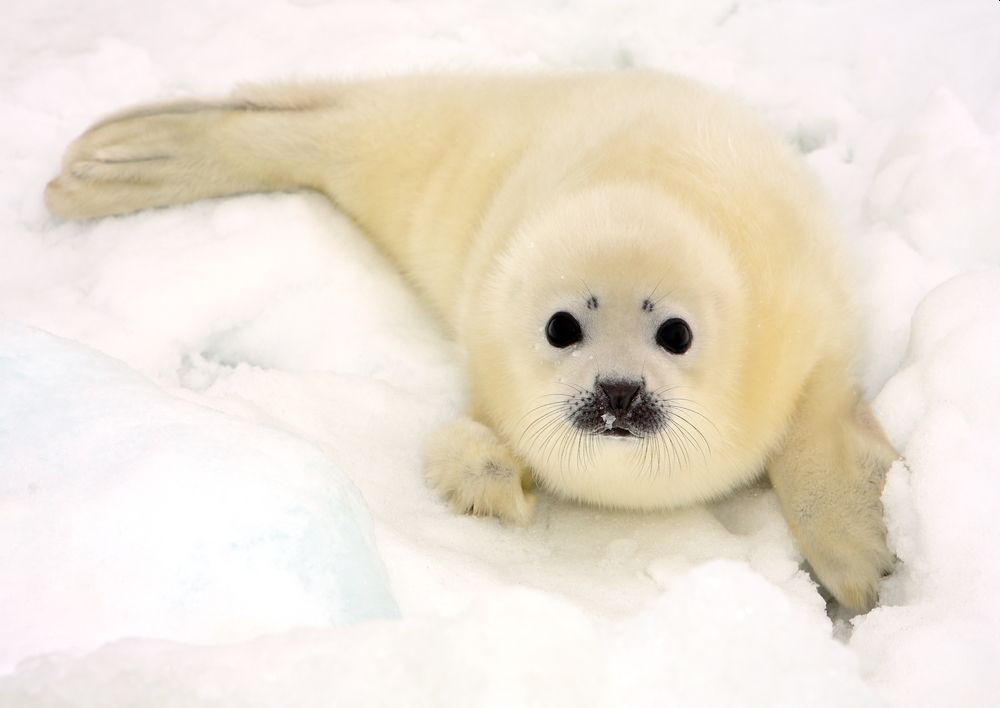
Harp Seal | Image: World Atlas
The Arctic Tern is a bird of circumpolar breeding distribution ranging from the Arctic and sub-Arctic regions of Europe, Asia, and North America.
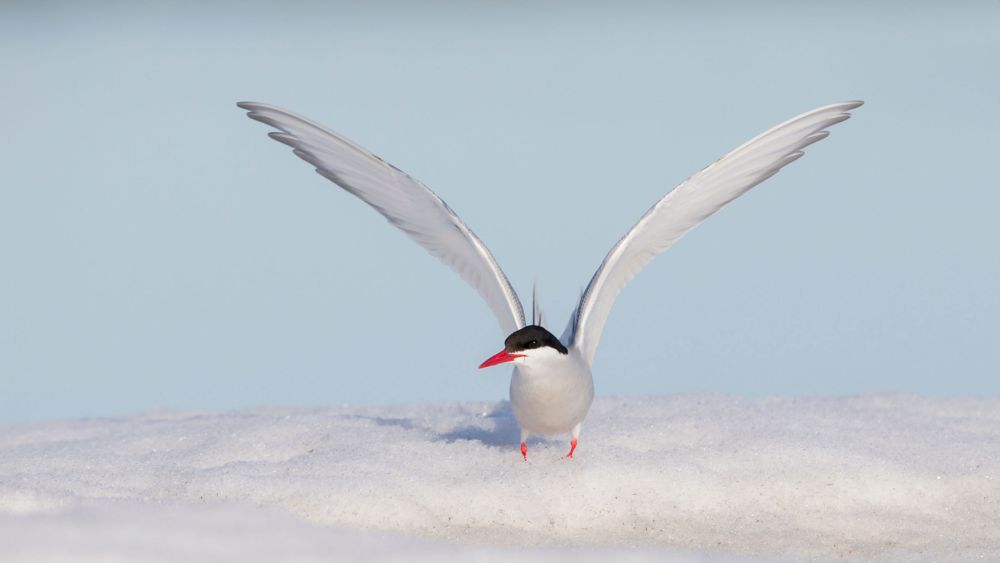
Arctic Tern | Image: William Wingfield/Audubon Photography Awards
The Arctic Musk Ox, a hoofed mammal noted for its this fur, is threatened by the changing climate and rapidly warming up of the globe.
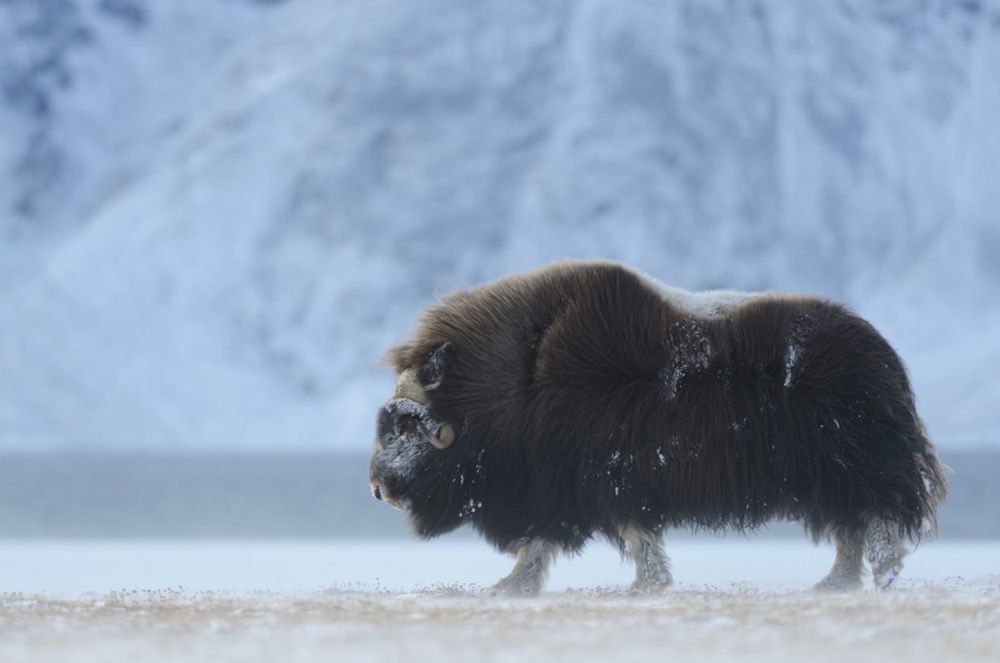
Musk Ox | Image: Lars Holst Hansen
Known as the penguins of the North, Thick-billed Murres are famous for their excellent underwater diving skills, which are the record-holder for the deepest dive among all birds.
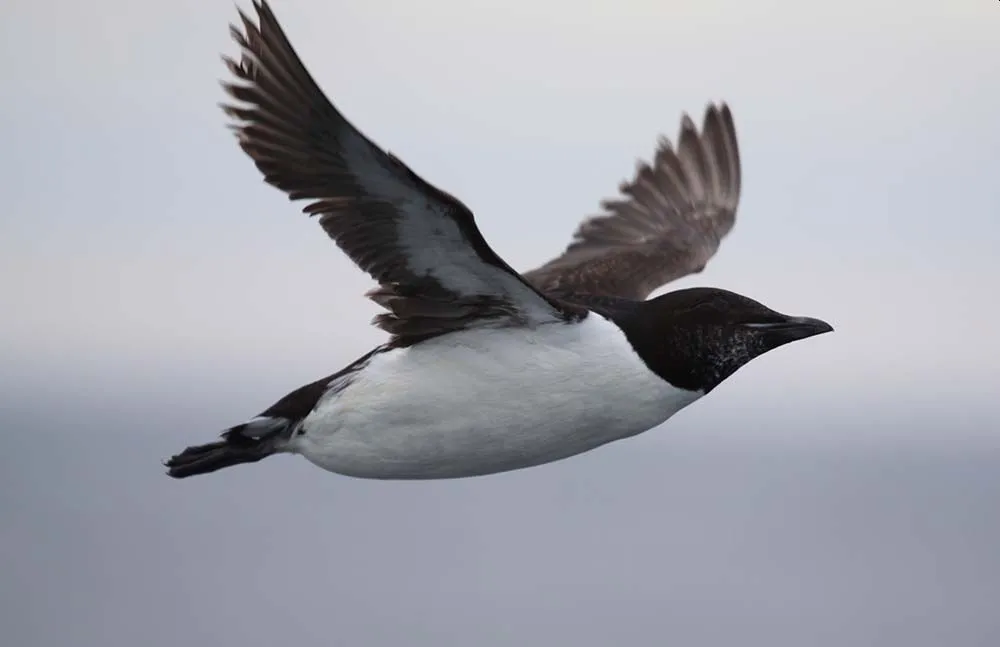
Thick-billed Murre | Image: Sophie Webb/ US Fish and Wildlife Service
